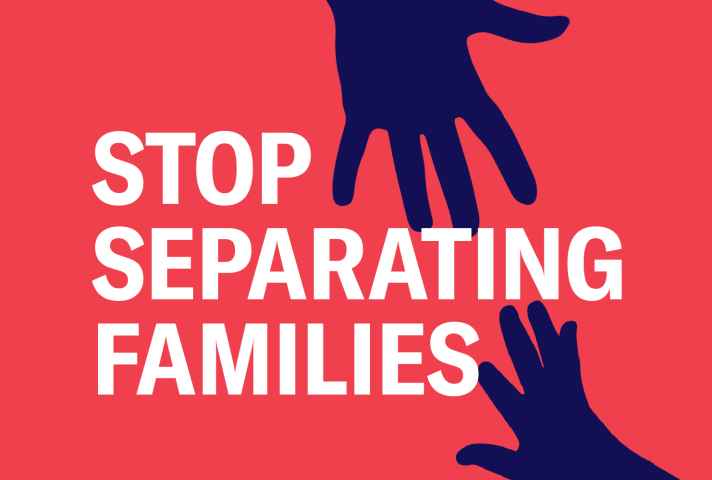Each of you has been shocked, angered and saddened by the harm visited on young children by the Trump Administration policies that separated children from their parents at our borders.
If you are moved by this human rights crisis, you can continue to make your voice heard. Families Belong Together Rallies are happening around the country on June 30th for all of us to stand together against this cruel policy.
The ACLU of Illinois will be taking part in the rally on Daley Plaza in downtown Chicago at 11:00 a.m. on Saturday, June 30th. If you are unable to attend in Chicago look for a rally to attend in your area to condemn this action.
